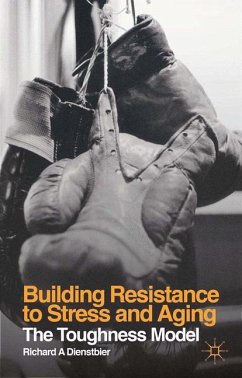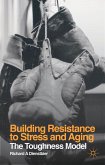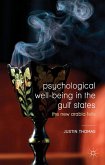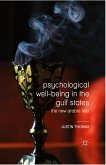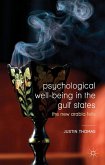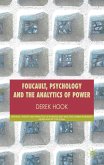The toughness model proposed in this book incorporates psychological research and neuroscience to explain how a variety of toughening activities - ranging from confronting mental and physical challenges to meditation - sustain our brains and bodies, and ultimately build our mental and psychological capacities degenerated by stress and by aging.
"Dientsbier's work on physiological toughness has been seminal. This well-written, informative and, at times, humorous book complements those of Sapolsky and McEwen - a must read for those interested in resilience." - Jim Blascovich, Distinguished Professor, University of California, Santa Barbara, USA
'Stress in our lives has a bad reputation. But the author marshals a vast amount of research literature to demonstrate that we can grow and become tougher from stress, with a resulting increase in our physical and mental capacities. This readable and highly informative book covers topics all the way from genetic, cellular, and endocrine functioning to helpful discussions of the popular literature on diet, exercise, meditation, mindfulness, and other lifestyle changes we can all make as we meet the challenges of our daily living.' John W. Reich, Arizona State University, USA
'Stress in our lives has a bad reputation. But the author marshals a vast amount of research literature to demonstrate that we can grow and become tougher from stress, with a resulting increase in our physical and mental capacities. This readable and highly informative book covers topics all the way from genetic, cellular, and endocrine functioning to helpful discussions of the popular literature on diet, exercise, meditation, mindfulness, and other lifestyle changes we can all make as we meet the challenges of our daily living.' John W. Reich, Arizona State University, USA

